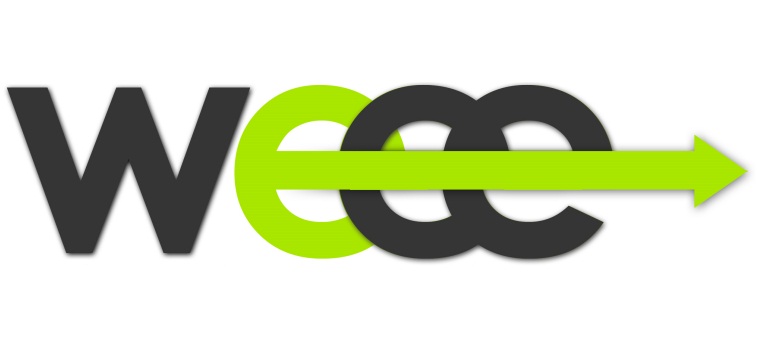Under Article 50 of The Treaty on European Union, the United Kingdom government on March 29, 2017 informed officials of the European Union of its intention to withdraw. This set in motion a two-year process, after which the UK will no longer be bound by its European Union treaty obligations.
A considerable portion of UK law derives from the European Union, either in the form of regulations, which are enshrined in EU law and applied at a national level, or directives, whereby member nations are obliged to enact legislation to achieve a stated objective.

Depending on the course that Brexit takes, it may have consequences for environmental policy, such as for secure IT disposals.
The WEEE directive
The Waste Electrical and Electronic Equipment (WEEE) Directive entered EU law in 2003. It required member states to enact legislation to achieve targets for the collection, recovery and recycling of electronic items. The deadline for this was 2004, but the UK was the last member state to implement legislation in 2006. This inevitably had implications for secure IT disposals, such as requiring manufacturers and distributors of electrical items to create a mechanism for collecting WEEE.
Brexit implications
The 2016 Brexit referendum addressed the question of whether to remain in the European Union or not, but it did not address the country’s future relationship with the EU. The current government position is that following Brexit, the UK will no longer be bound by EU law or subject to the jurisdiction of the European Court of Justice.
EU directives are implemented in UK law, but these often refer to EU institutions, making them effectively defunct in their current form after Brexit. The UK government is therefore seeking so-called ‘Henry VIII’ powers to allow it to reaffirm, amend or repeal various directives.
This means the WEEE Directive could be modified or even repealed, such as by removing the need for secure IT disposals. On the other hand, WEEE requirements could be actually be tightened.
Is there likely to be a change for WEEE?
Most experts say it is unlikely that there will be any consequences for secure IT disposals in the short term. Firstly, the government is seeking transitional arrangements with the European Union following Brexit. It is anticipated that this will involve the UK continuing to abide by EU law, possibly including any new laws, in order to retain single market membership while it negotiates new trading arrangements. There may also be elements of regulatory equivalence in any long-term deal.
In the case of a “no-deal” Brexit, it is also unlikely that there will be an immediate watering down of the WEEE directive. While some people advocate a transformation to a low-regulation economy, any attempts to weaken environmental standards are likely to meet with resistance from both members of parliament and the public.
Finally, in the unlikely event that the WEEE Directive is repealed, it would be unwise for companies to abandon secure IT disposals in order to save money. Consumers expect companies to behave ethically these days, and any irresponsible behaviour with WEEE would inevitably attract negative publicity.




